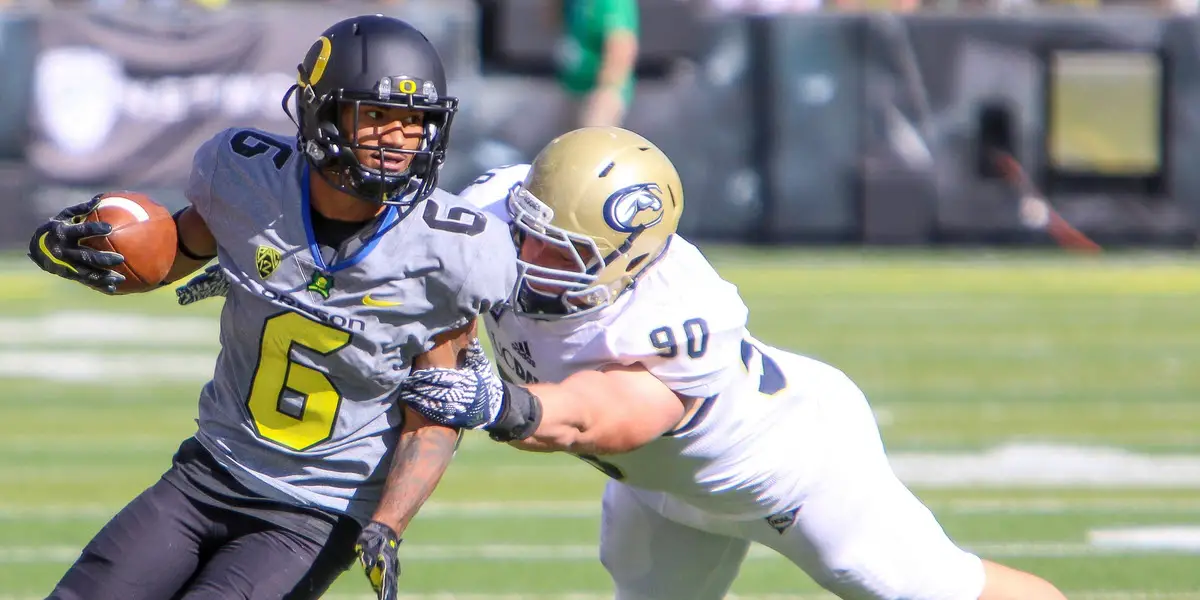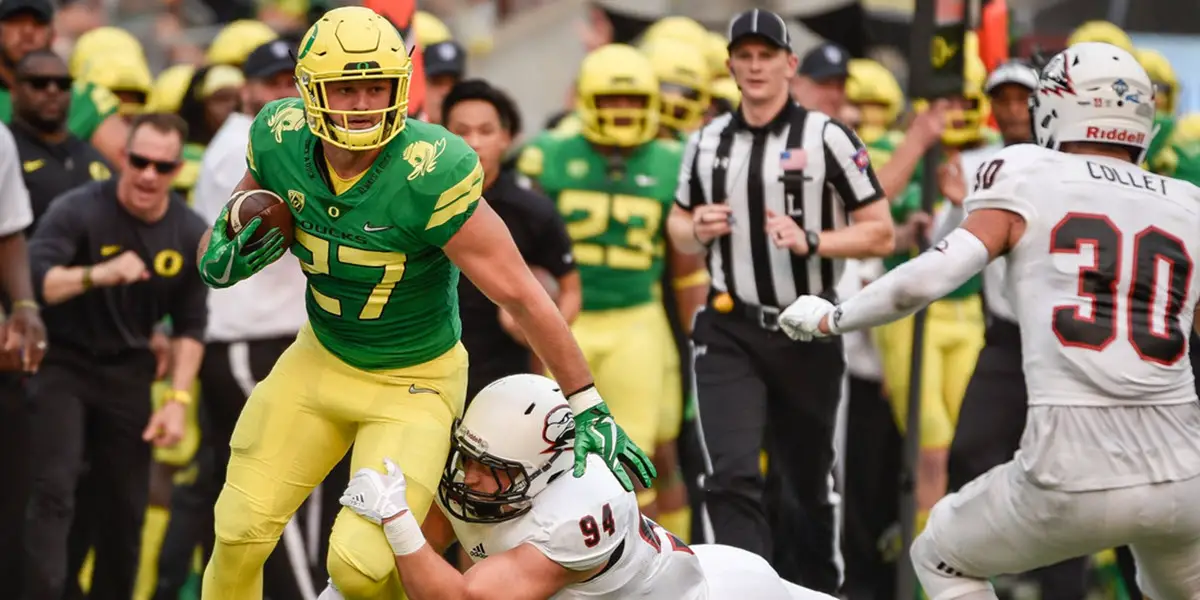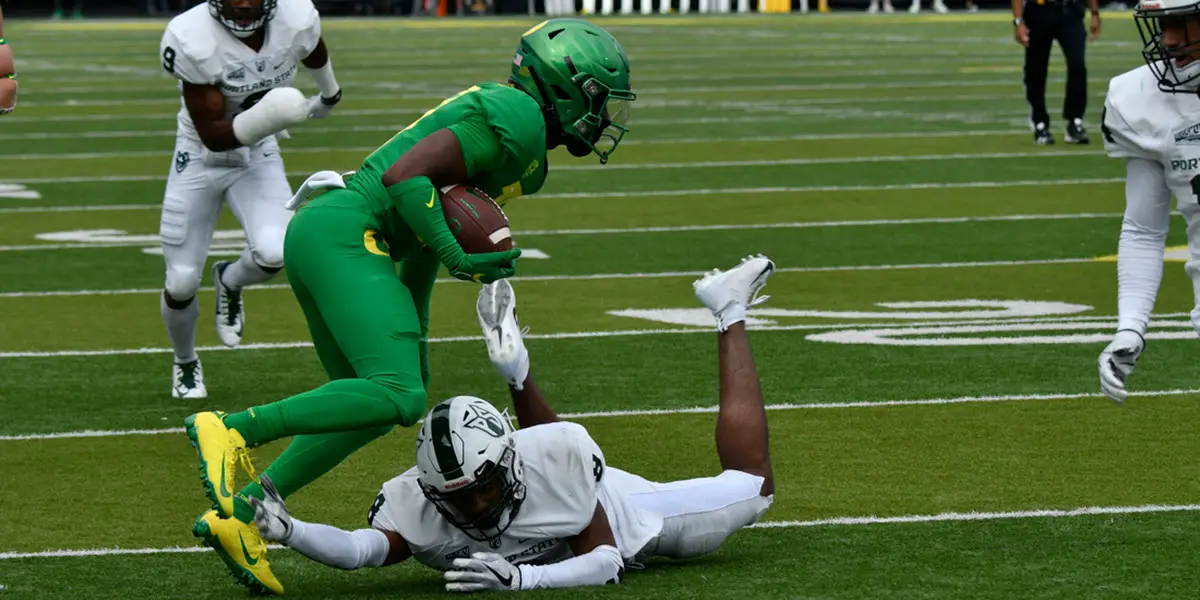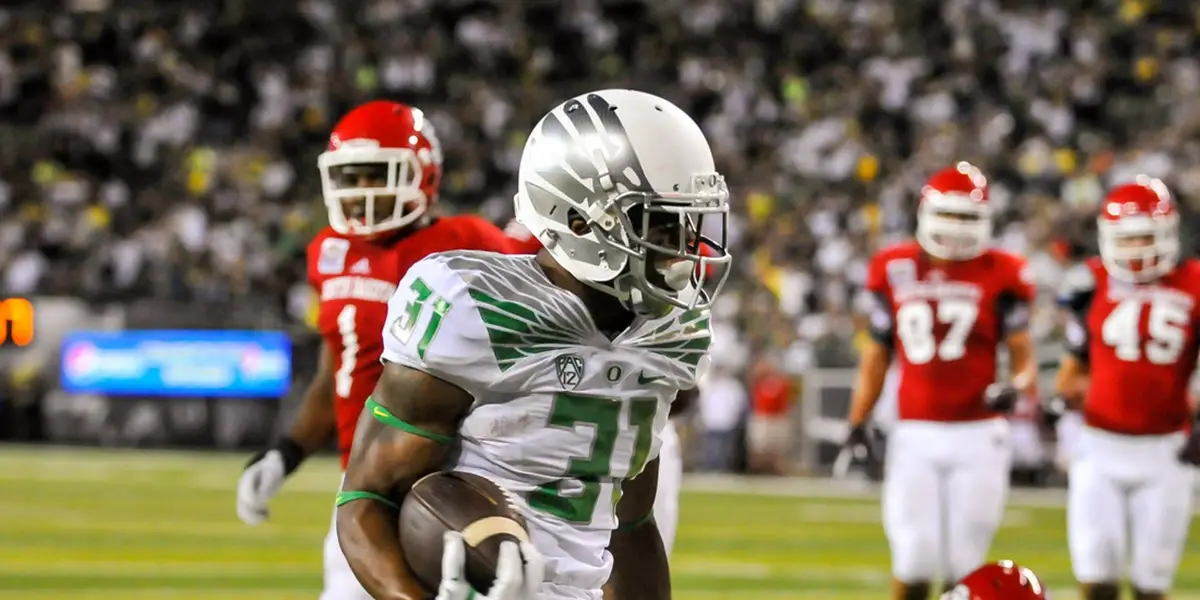In any normal year, College Football is filled with early games against FCS schools that typically culminate with blowout victories. These “cupcake” matchups tend to be tolerated by a hungry fan base that is looking to watch their team play a real game for the first time in nine months. But once the initial excitement fades, these games are at best boring wins and at worst a bad omen for the new season.
Athletic directors like to schedule these cupcake season games early, as they give their teams a chance to prepare for the real meat of their schedules. In a normal year Oregon likes to schedule an FCS team, a Group of Five team, and ideally a big name Power Five opponent.
This year most conferences are playing a conference only schedule due to COVID. This gives us, the fans, a rare opportunity to see what a season could be like without the cupcakes on the schedule. This comes with a caveat as teams have been stressed and tested in multiple ways off the field due to the looming pandemic.

In 2016, Oregon defeated UC Davis but that game would foreshadow the disaster to come.
Regardless, the schedule amendments have created a better atmosphere for fans to experience, as teams are thrust into their conference schedules earlier. More teams are tested earlier and there are even more must-win games. But with the elevation of competitive football comes some harboring truths; a lack of early FCS opponents may have caused a few fan bases to come to terms with the reality of their programs sooner than a typical year.
The Harsh Reality of No Cupcakes
This year the lack of cupcakes and their role as tune-up games has really stung some major college football teams and their chances at a strong bowl game, especially as most teams didn’t have extensive spring practices. The two top teams from a year ago that have notably suffered are LSU and Oklahoma.
Many crucial pieces of LSU’s historic 2019 championship team departed in this past offseason. They lost their star quarterback, key skill players, some top-rated defenders and perhaps most importantly, some highly impactful coaches. Add a shortened spring and no cupcake games to workout the bugs and that spells disaster, especially when Mike Leach and his air raid offense gets involved for a week one game. It would be understandable if this was considered a rebuilding year for LSU. Without their cupcake matchups it is turning into an unmitigated disaster, as LSU has already dropped games against Mississippi State and Missouri in tightly contested shootouts.

How many people remember Oregon playing Southern Utah in 2017?
Things are only going marginally better for Oklahoma. Oklahoma’s success has been in part fueled by graduate transfer quarterbacks for the past few years and this year they are turning to a red-shirt freshman Spencer Rattler. Oklahoma and the Big-12, unlike SEC teams, did have one cupcake game before conference play and they blew out Missouri State 48-0. However, that warm-up does not appear to have helped Oklahoma too much as they have currently fallen out of the AP Top 25 Poll.
How much better would these teams be with the cupcakes on their schedules? That is difficult to determine in such a rare offseason of turmoil, but to have two or three warm-up games would probably have been enough to avoid the close losses they each have suffered early.
The Delicate Echo-System of College Sports
These games also serve as a major part of the college sports echo-system. Most FCS and many Group of Five schools need these games to keep their athletic departments financially afloat.

Oregon defeated Portland State easily in 2018.
Before COVID, Portland State was supposed to play Oregon State this year and receive $400,000 dollars for that game. Portland State was also scheduled to play Arizona this year as well to the tune of $550,000 dollars. Portland State lost $950,000 of potential revenue this year for its struggling athletic programs. This is money that cannot be made up.
Portland State is pursuing payment for the losses, but not all schools are doing so for their cancelled games. Just looking at the slated schedule and the payments that go along with these games makes it is clear there are millions of lost dollars for FCS schools this year.
As much as fans may dislike these boring starter games, it does beg the question: are we willing to let less fortunate college athletic programs disappear for a better fan experience? Is there a better solution than having Power Five programs schedule these pay-to-win games?
David Marsh
Portland, Oregon
Top Photo By: Craig Strobeck

David Marsh is a high school social studies teacher in Portland, Oregon. As a teacher he is known for telling puns to his students who sometimes laugh out of sympathy, and being both eccentric about history and the Ducks.
David graduated from the University of Oregon in 2012 with Majors in: Medieval Studies, Religious Studies, and Geography. David began following Ducks Football after being in a car accident in 2012; finding football something new and exciting to learn about during this difficult time in his life. Now, he cannot see life without Oregon football.

